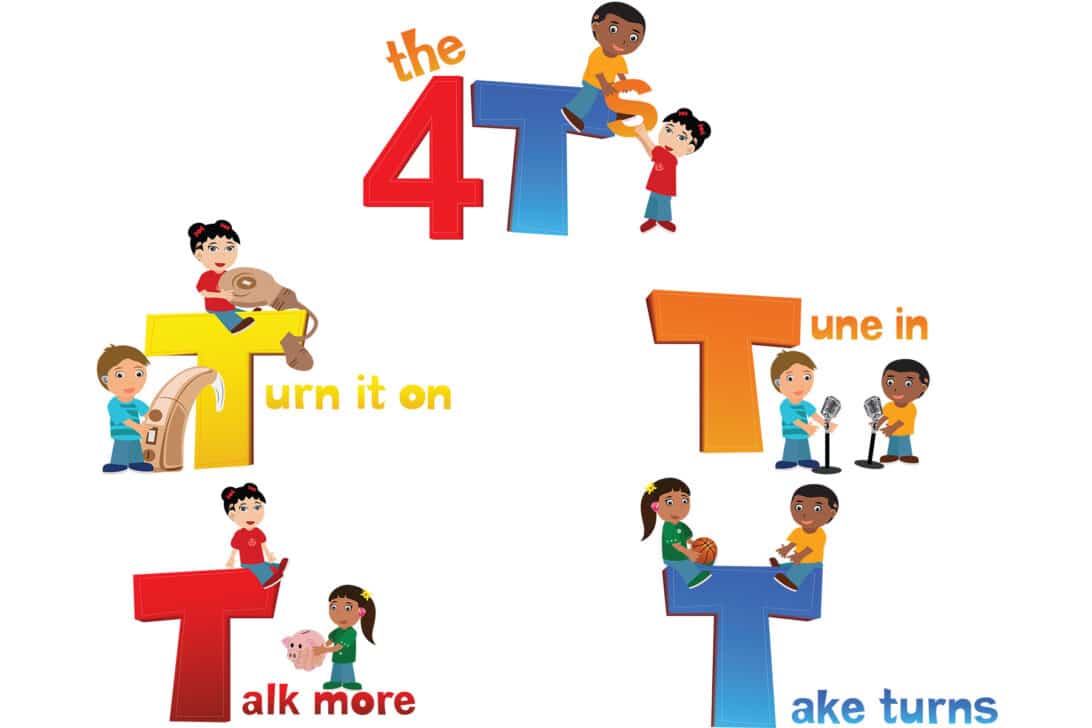

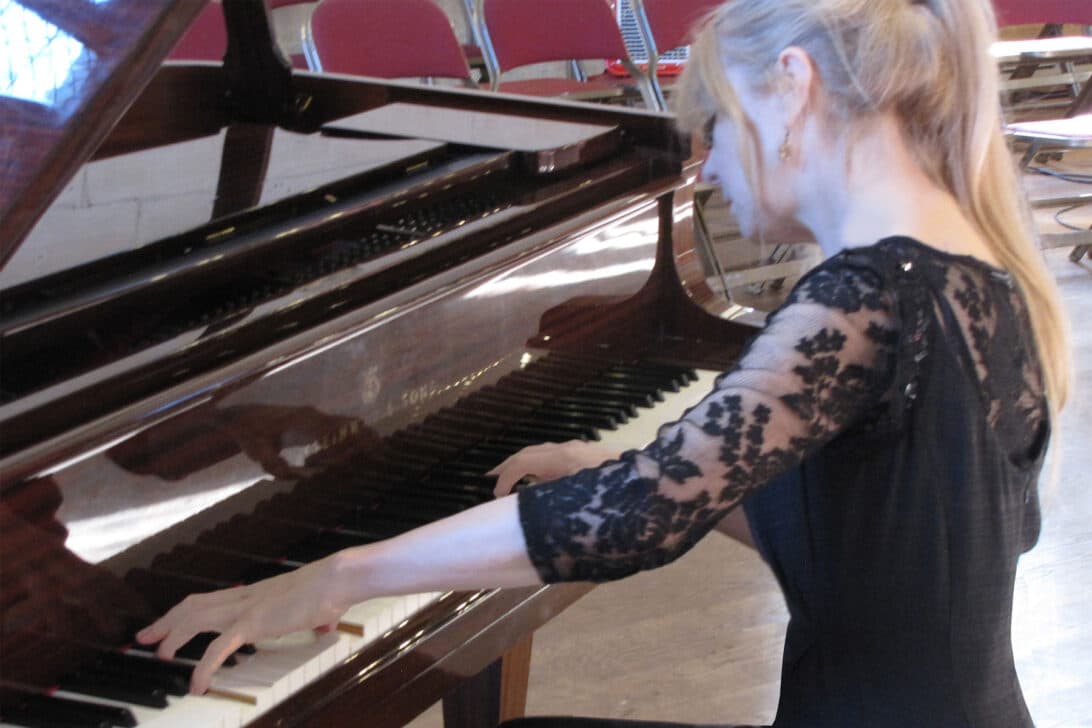
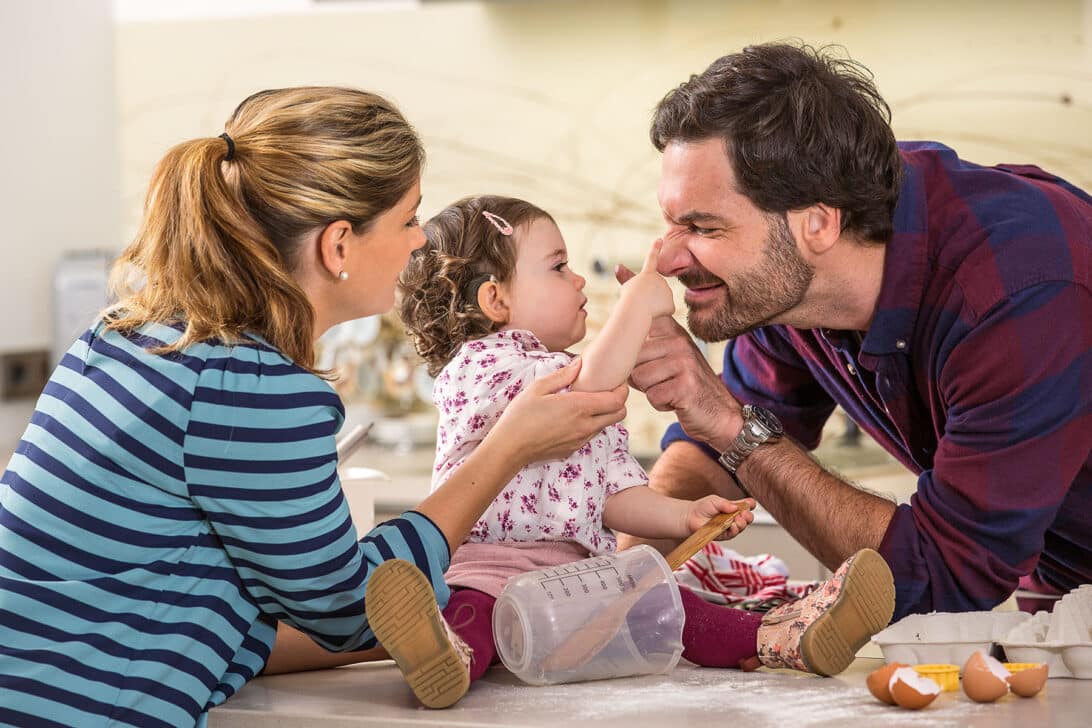
If you’re like many parents you’ll probably spend a lot time in the kitchen, either preparing for meals or cleaning up after them. You can help your child to get the most out of this time by encouraging him or her to play some listening games, like the ones we’ve got below, which can be
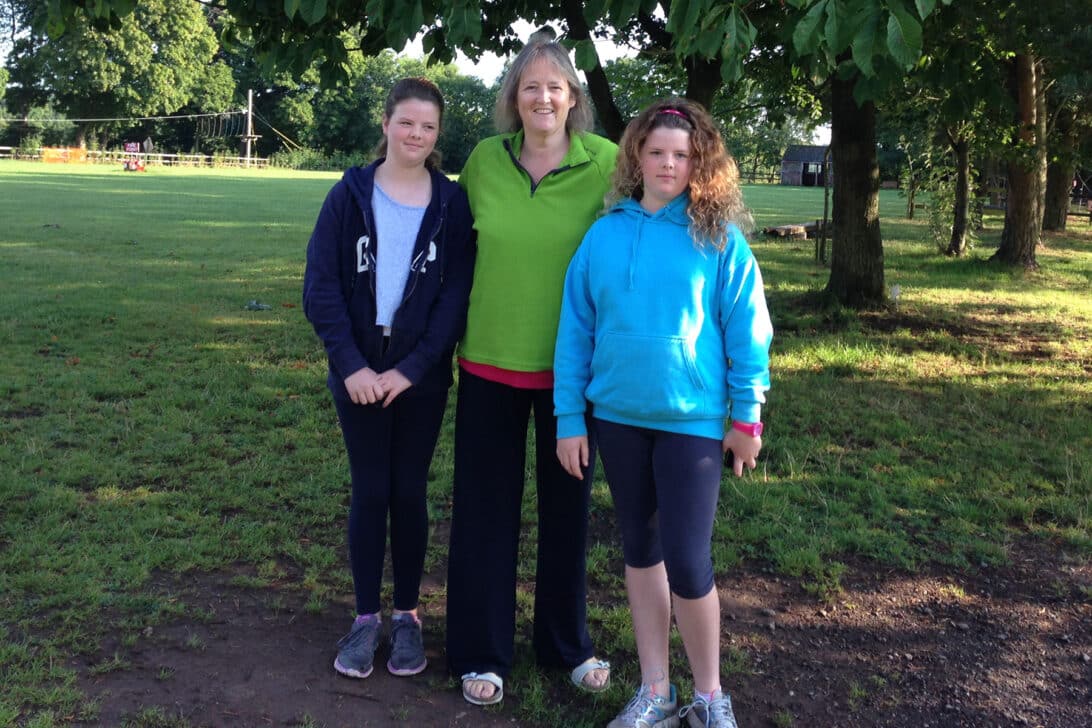
Gemma is a hearing therapist from the UK. When she was diagnosed with single-sided deafness, Gemma decided to get a MED-EL cochlear implant. In this article, she tells us about her hearing journey, her listening exercises, and how she dealt with single-sided deafness.
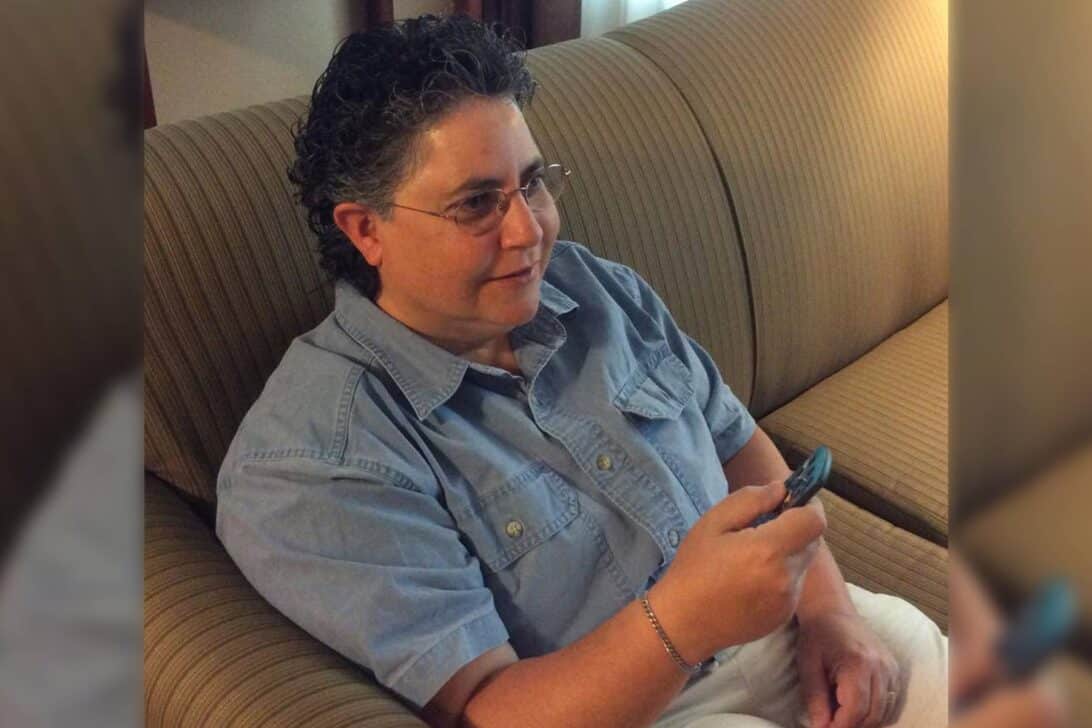
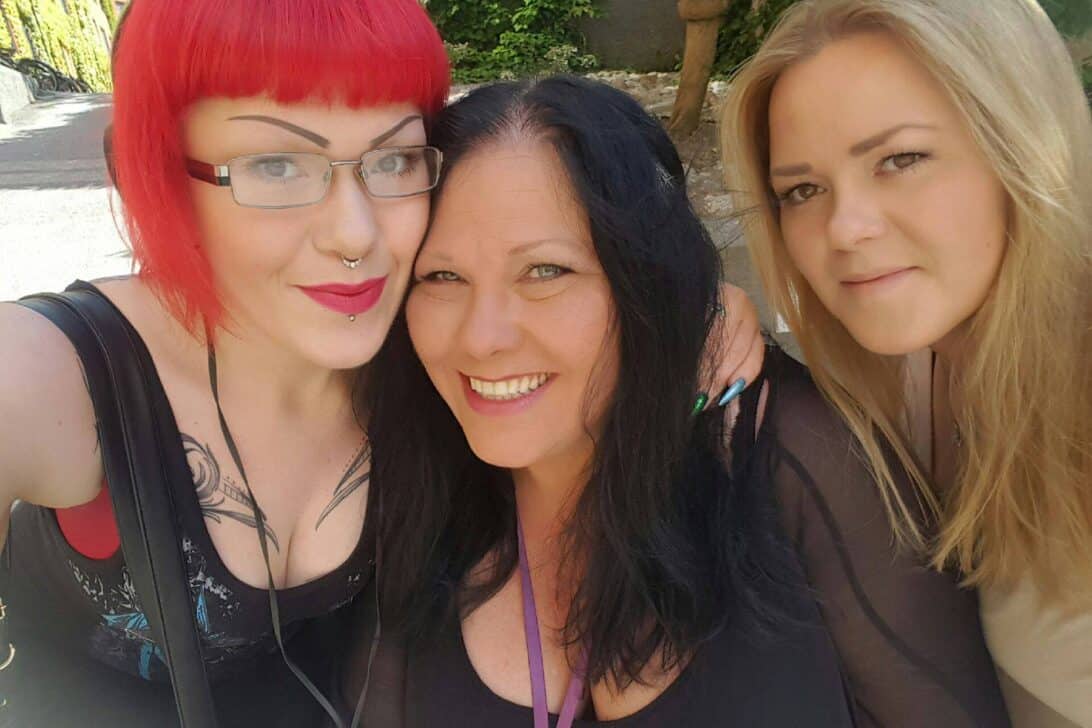
Want to make sure you get all the latest articles from the MED-EL Blog? Subscribe now!
Registration was successful
We’re the world’s leading hearing implant company, on a mission to help people with hearing loss experience the joy of sound.
Find your local MED-EL team
© MED-EL Medical Electronics. All rights reserved. The content on this website is for general informational purposes only and should not be taken as medical advice. Contact your doctor or hearing specialist to learn what type of hearing solution suits your specific needs. Not all products, features, or indications are approved in all countries.